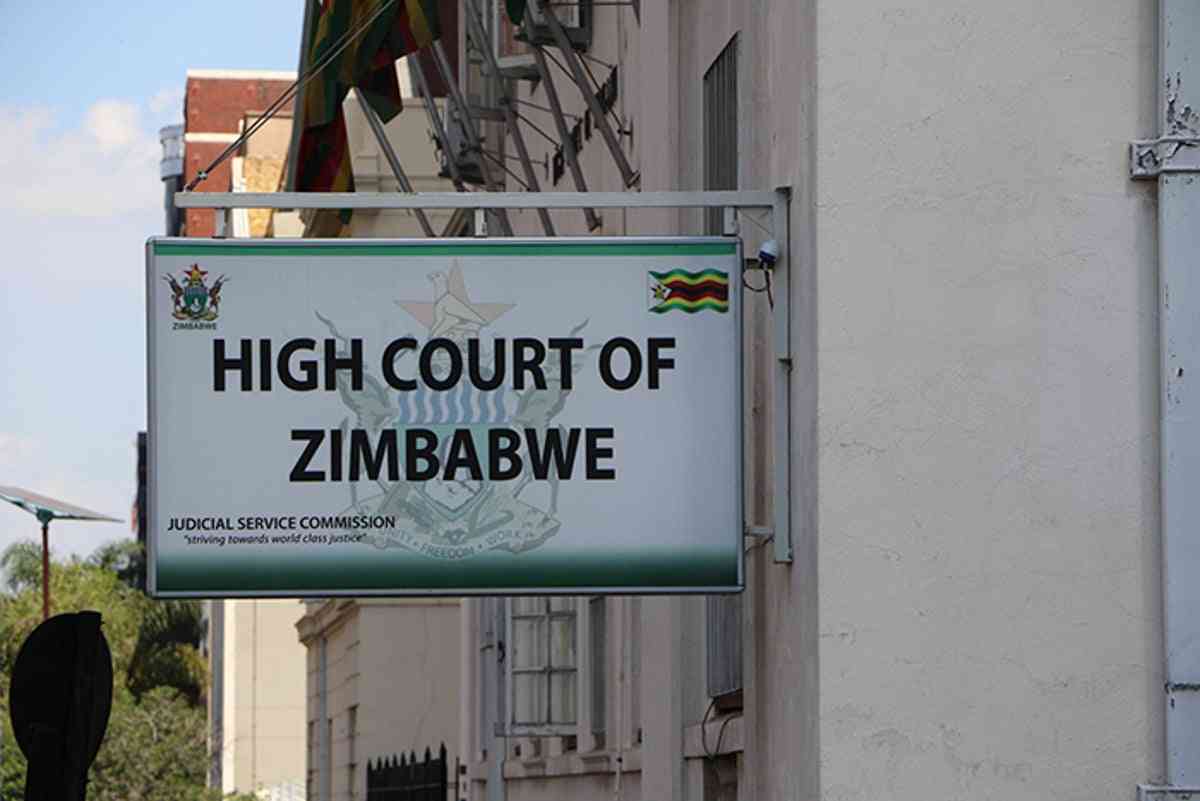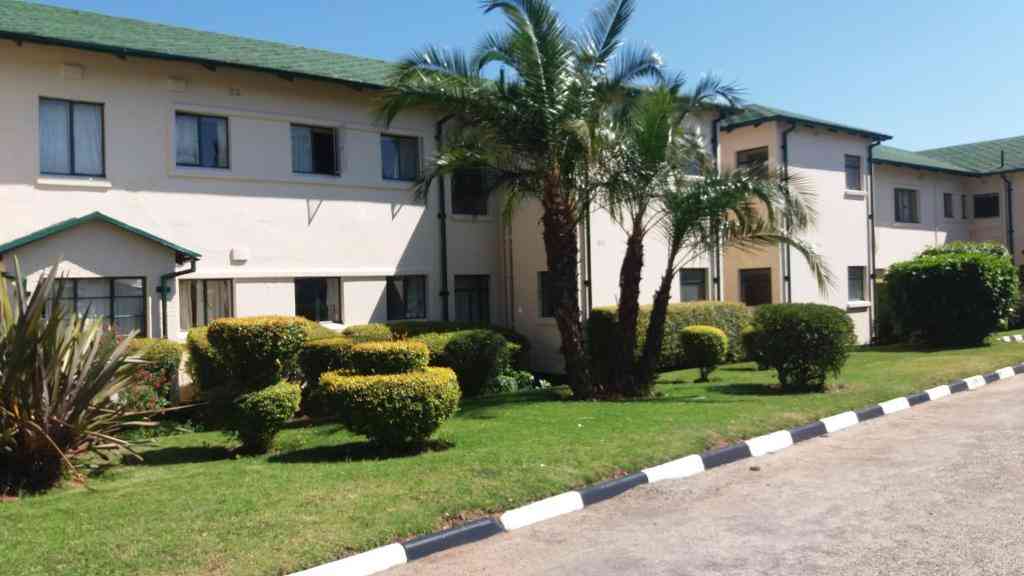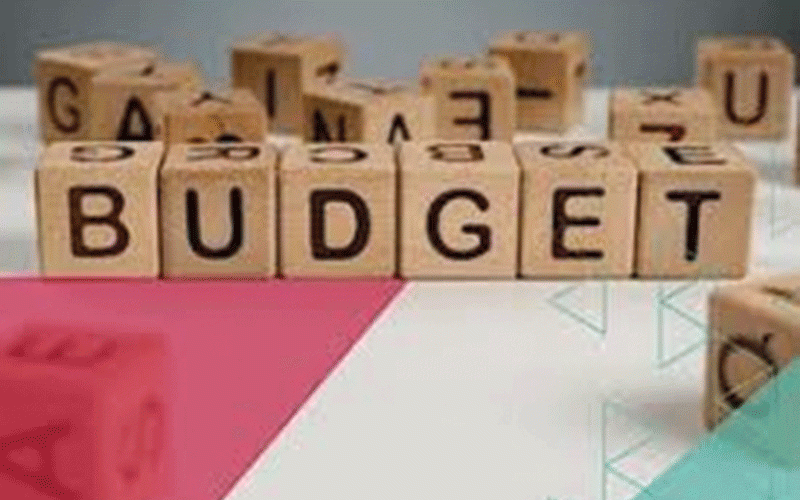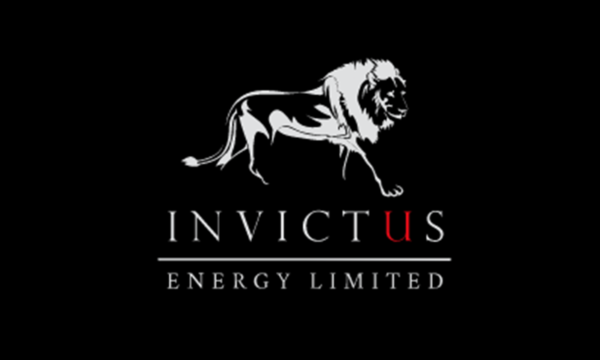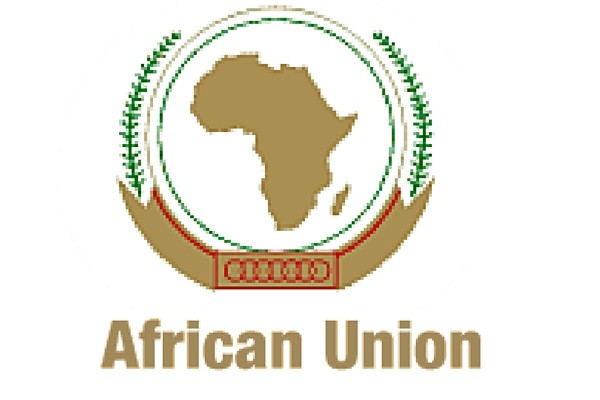
Africa should avoid duplicating and complement already existing strategies and initiatives to coordinate efforts among continental and regional institutions meant to ensure universal energy access for all Africans, an AU commissioner has said.
BY VICTORIA MTOMBA in ABIDJAN, IVORY COAST
AU commissioner for infrastructure and energy, Elham Ibrahim said, in her opening remarks on the energy thematic session in Abidjan yesterday, access to modern and sustainable energy services on the continent was required to meet goals of poverty alleviation and human development as stated in the objectives of the African Union Agenda 2063.
“Due to lack of sufficient resources for energy development, we should make sure to avoid duplications and complement already existing strategies and initiatives such as the Programme for Infrastructure Development in Africa (Pida) and the sustainable energy for all in Africa, that are aimed at promoting modern and sustainable energy access on the continent, in line with the AU Agenda 2063,” she said.
Ibrahim said African heads of states and government have initiated the African Renewable Energy Initiative (Arei) in view of improving sustainable energy access through accelerated harnessing of the continent’s huge renewable energy potential in the form of hydropower, solar, wind geothermal and bio energy.
“Indeed, the initiative seeks to achieve at least 10 gigawatts of new renewable energy generation capacity by 2020 and an additional renewable energy generation capacity of 300 gigawatts by 2030,” she said.
Ibrahim said the co-leaders of Arei have finalised the documents on the governance structure of the organisation and steps were taken to set these structures in place by the upcoming AU summit in January 2017.
New Partnership for Africa’s Development’s (Nepad) planning and coordinating agency CEO, Ibrahim Mayaki said the bottleneck for Africa is the capacity to implement the projects and Pida has rationalised the infrastructure development.
- Chamisa under fire over US$120K donation
- Mavhunga puts DeMbare into Chibuku quarterfinals
- Pension funds bet on Cabora Bassa oilfields
- Councils defy govt fire tender directive
Keep Reading
He said access to energy remained a challenge in Africa and renewables were important, as they allowed the continent to have a social inclusion of those who have no access to energy. He said there were 30 projects expected to generate 3 500 megawatts of power in two years. The African Development Bank, Nepad and African Union Commission are jointly hosting the Pida week in Abidjan with the aim of developing infrastructure in Africa in the energy, ICT, water and transport sector in Africa.

